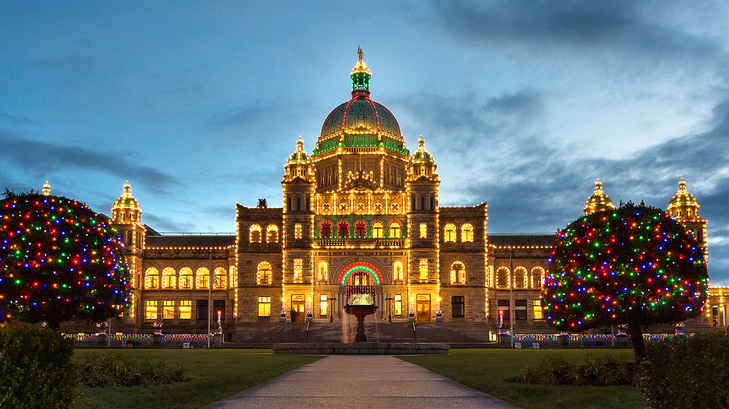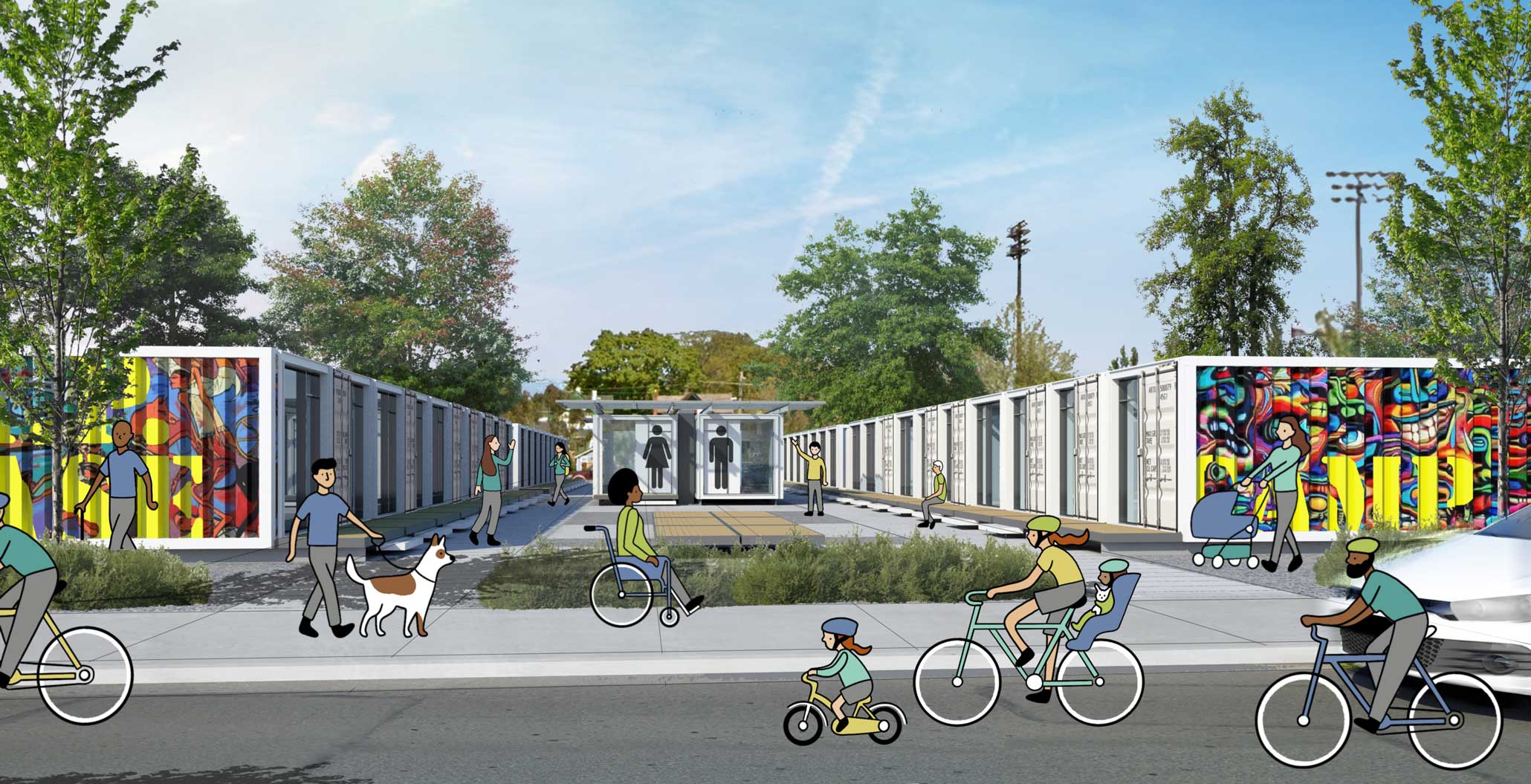Program Assistant, Housing Justice Project (0.4FTE) – Sept 2023 to March 2024
We are inviting applicants to apply for a part-time Program Assistant position with the Canadian Institute for Substance User Research (CISUR) at the University of Victoria. The position will support day-to-day activities on the Vancouver Foundation-funded project, The Housing Justice Project. Learn More: www.ahomeforall.ca
PROJECT DESCRIPTION
The primary purpose of this research is to advance housing rights by building collective power amongst people who have experienced homelessness, using community-based action research as a strategy.
The Housing Justice Project works with people with lived experiences of homelessness on leadership development and community organizing, identifying the gaps between human rights standards and lived experiences of housing, and basic literacy in housing rights. In Spring 2023, a cohort of people with lived experiences of homelessness developed a shared vision, a statement about who they are, a definition of Adequate Housing, Rules for Storytelling, and identified emerging priorities that government needs to know.
The next phase of the project – from September 2023 to April 2024 will engage the Leadership cohort to develop community organizing skills and undertake research that advances housing rights. In Fall 2024, the project will test a strategy to advance housing rights locally using findings or recommendations arising from the research.
JOB DESCRIPTION
The Program Assistant will report to the project co/leads, Nicole Chaland and Bernie Pauly, and be responsible for various day-to-day tasks, including:
• Booking event spaces and managing catering, taking dietary requirements into account;
• Purchasing supplies;
• Printing/photocopying documents to be used as handouts in workshops;
• Note-taking during workshops and/or transcribing participant notes from flip-charts;
• Working with research staff to ensure stipends are paid to workshop participants and fees are paid to guest speakers/instructors if applicable;
• Set up event spaces including moving furniture, preparing coffee, snacks etc. and cleaning up.
• Organize logistics for online discussions or presentations.
• Assist with document creation, such as workshop handouts, interview guides or consent forms.
• Collecting evaluation/feedback and performing related data entry;
• Maintaining productive and trusting relationships with Co-leads and workshop participants as well as other partners;
• Other duties as required.
QUALIFICATIONS
The Program Assistant will have strong interpersonal skills and be organized and detail-oriented. A keen interest in developing skills related to research and organizing with people who have experienced extreme housing instability and homelessness is desired. Ideally the person may have lived experience with homelessness and/or relevant combination of education and experiences. Post secondary education in a variety of fields is an asset but not required.
Desired qualifications include:
• Available to attend weekly community sessions in downtown Victoria.
• Interested in housing, homelessness, or substance use and harm reduction issues.
• Interested in working as part of a community university partnership.
• Excellent administrative and organizational abilities, with the capacity to manage multiple tasks.
• Ability to conduct computer work, such as document creation and data entry.
• Ability to work independently and with a diverse team.
• Knowledge of homelessness, human rights, health equity or social justice principles.
• Proficiency in Microsoft Office (Excel, Word, powerpoint) and experience with platforms such as Zoom.
Assets:
• Interested in and/or knowledge of community based research
• Interested in developing community organizing and research skills
SALARY AND HOURS
This is a contract position at 0.4FTE (14 hours/week), starting on September 1st 2023 and ending on March 31, 2024, with the month of December off (i.e. working Sept-Nov 2023 and Jan-Mar 2024). The successful candidate will be provided with office space in CISUR at the University of Victoria, located on the traditional territories of the ləkʷəŋən peoples including the Songhees, Esquimalt and W̱SÁNEĆ Nations. Working from home while based in Greater Victoria is an option. Hourly salary ranges from $25 – $30 per hour based on experience and education.
APPLICATION PROCESS
Interested applicants should forward their résumé and cover letter, or submit any questions, to Jenny Cartwright, Research Manager at CISUR (jlcartwright@uvic.ca). The position is available immediately and applications will be accepted until filled. Only those selected for interviews will be contacted.
Thank you for your interest!
EQUITY AND DIVERSITY STATEMENT
UVic is committed to upholding the values of equity, diversity, and inclusion in our living, learning and work environments. In pursuit of our values, we seek members who will work respectfully and constructively with differences and across levels of power. We actively encourage applications from members of groups experiencing barriers to equity. Read UVic’s full equity statement here: www.uvic.ca/equitystatement
Canadian Institute for Substance Use Research
Technology Enterprise Facility PO Box 1700 STN CSC Victoria BC V8W 2Y2 Canada
T 250-472-5445 | F 250-472-5321 | uvic.ca/cisur | www.colabbc.ca
Program Assistant, Housing Justice Project Job Posting pdf








